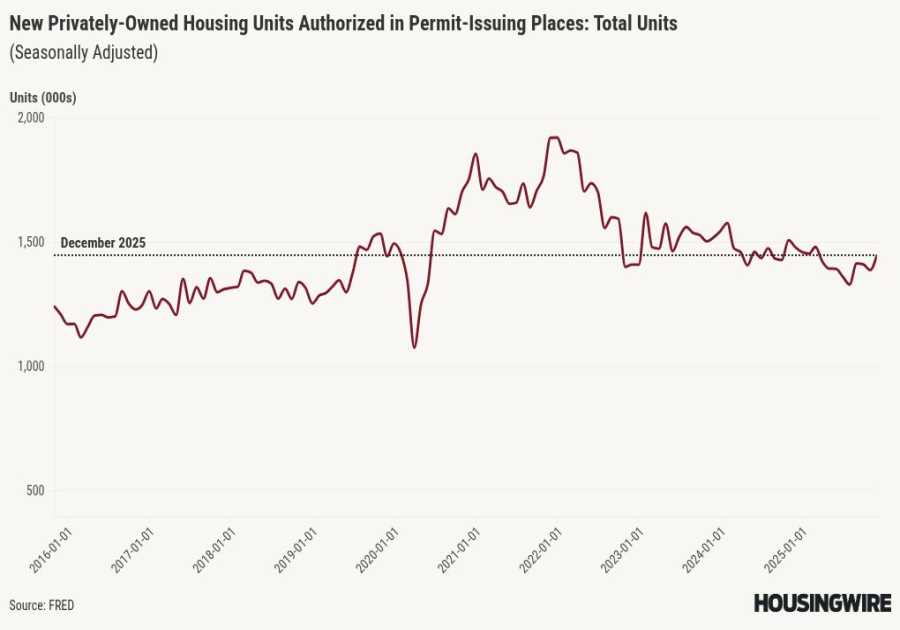When a disaster strikes our community, the connections we’ve built in the course of our daily work can prove invaluable in the recovery effort and beyond.
As real estate professionals, we sometimes have a unique opportunity to help people. My team, Palm Paradise Real Estate, is in Fort Myers, Florida. We suffered a direct hit from Hurricane Ian, the worst hurricane to hit our state since 1928. Disasters of that magnitude are very difficult to recover from unless members of the community step forward to help.
In the immediate aftermath of the hurricane, buildings were damaged or destroyed, streets were badly flooded and power was knocked out for days. Homes were rendered uninhabitable either from wind damage or water intrusion. People desperately needed shelter.
Immediate response
Our first step was to help connect people who had temporarily lost their homes with places to stay during repairs or rebuilds. We worked with an organization that arranges for long-term temporary housing in the wake of disasters to meet that immediate shelter requirement.
If you’ve been a real estate professional for any length of time, you’re likely to have a large Rolodex of housing and construction-related services. We can use that to connect people with services they need to help them relocate or make their homes habitable during repairs. Some in the industry can go even farther, as we have established a network of contacts outside our service areas which we can tap into for outside assistance.
Contend with confusion
As cleanup began in earnest, we turned to gathering and donating supplies and financial aid to those in need, as well as beginning the work of connecting people with contractors for the long process of repairing and rebuilding.
That process is one area we, as real estate professionals, can be particularly helpful. It’s well known that “storm chasers,” non-local contractors who show up in the wake of a catastrophe, arrive almost immediately after the disaster strikes. Frequently, those storm chasers produce poor-quality work or are intentionally fraudulent.
The last thing people who have just been through a devastating natural disaster need is to have to figure out, without help, which contractors can be trusted. Our knowledge of local contractors as well as industry standards can be an invaluable aid to them during this time. This is especially important because once an insurance company pays a claim, it generally won’t pay a second time if the contractor takes the money and does not repair the property.
Even if the work is performed and is done well, it can still be overpriced. In the Ian aftermath, companies were charging people hefty sums to install tarps on damaged roofs. People didn’t realize there’s a free tarp installation program through the U.S. Army Corps of Engineers. Disasters are expensive enough without spending money for something that should be free.
Adapt to new real estate landscapes
In the months following the disaster, when normalcy starts to be reestablished, it’s important to remember the long-term impact disasters have on properties. It’s vital for real estate agents to approach their jobs from a standpoint of full disclosure.
Listing agents who know a given property was flooded or otherwise damaged need to disclose that to buyers, and it isn’t sufficient to be passive. Agents need to be proactive in discovering everything that might be problematic with the property. Listing agents should carefully question sellers to determine what damage, if any, resulted from the disaster.
Buyers’ agents should likewise be on the lookout for problems. Ask probing questions of the listing agents and sellers to ensure they’re fully disclosing all damage and detailing repairs made to the property.
Beyond that, if you know a property is in a location that is prone to flooding, bring that up with your buyers; don’t wait for them to discover it on their own. Failing to disclose problems with properties is not only something that can get you in serious trouble if caught, but it can also damage your relationship with clients and your reputation in the community.
In addition to disclosing actual damage, it’s a good idea to understand the property insurance picture in your market. Here in Florida, the word “crisis” is often used to describe the property insurance market, and with good reason. Buyers are worried, especially in the wake of a disaster like Hurricane Ian, that they’ll be unable to insure property they buy or that insurance policies they can obtain will be too expensive.
It’s best to address such problems head-on. As real estate professionals, we have good relationships with insurance agents and can help guide our clients through that complex landscape.
Consider your messaging
Thus far, we’ve looked at what real estate professionals can do to help our communities in the wake of a disaster. It’s also important to consider what we should not do. Some businesses, both in and out of the real estate industry, forget to consider that any advertising they were running the day before the disaster will probably run the day after the disaster unless they act to stop it.
Make sure your marketing is in line with the current situation. Avoid advertisements, whether they’re on billboards, television or your website, that paint an unrealistic picture of the post-disaster landscape. If beaches were destroyed by a hurricane, don’t run ads telling people to buy a house in Florida for access to beaches. If a wildfire destroys a forest, pull ads highlighting the extensive woodland beauty of properties affected by the blaze.
In short, don’t be insensitive to what is happening in your community. Acknowledge what’s going on. This may seem obvious now, but it’s something you’ll have to actively remind yourself to consider should you ever find your agency in the midst of a disaster.
This article was written by Marcus Larrea from Inman News and was legally licensed through the Industry Dive Content Marketplace. Please direct all licensing questions to [email protected].

Read More
By: admin
Title: Dealing with disasters: How agents can help their communities recover
Sourced From: www.pncrealestatenewsfeed.com/dealing-with-disasters-how-agents-can-help-their-communities-recover/
Published Date: Mon, 09 Jan 2023 14:25:22 +0000
Did you miss our previous article...
https://trendinginbusiness.business/real-estate/a-home-in-brazil-is-partially-climate-controlled-by-its-lush-plants
.png)





